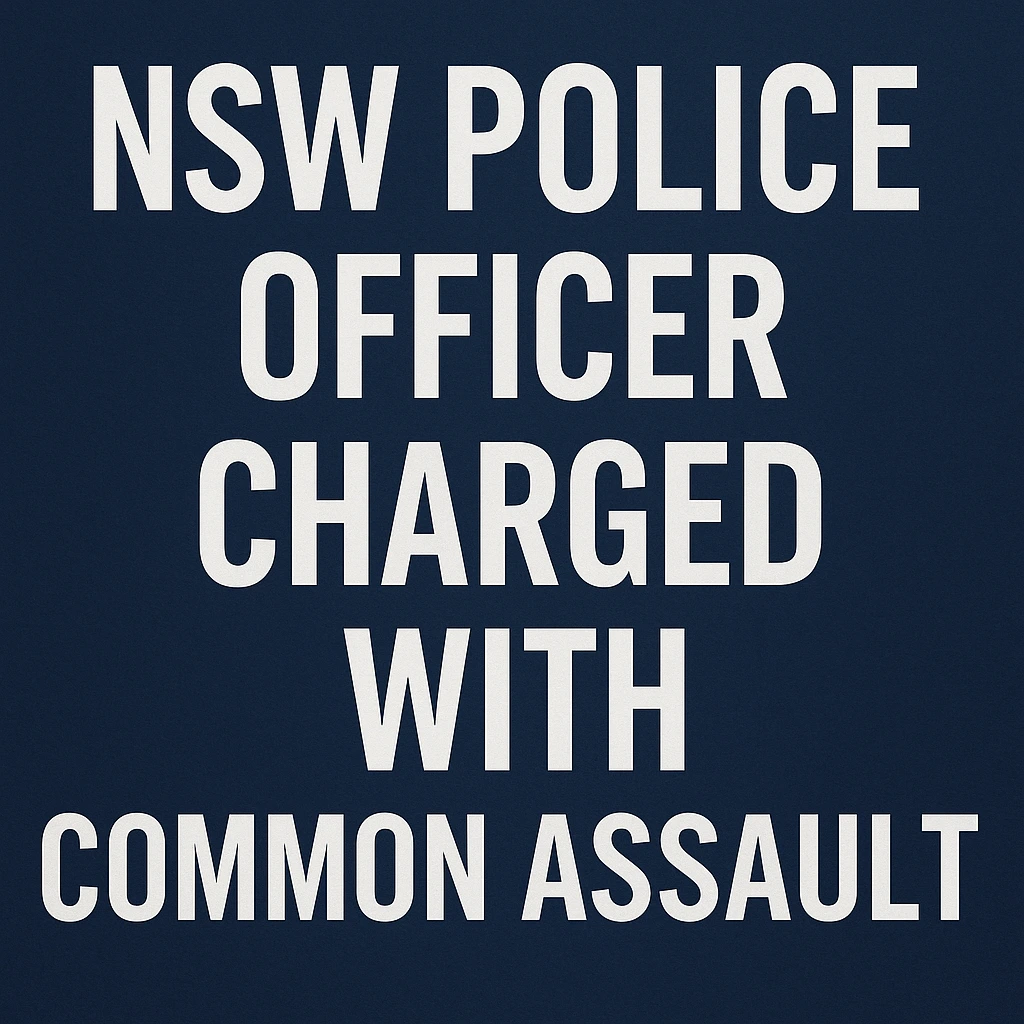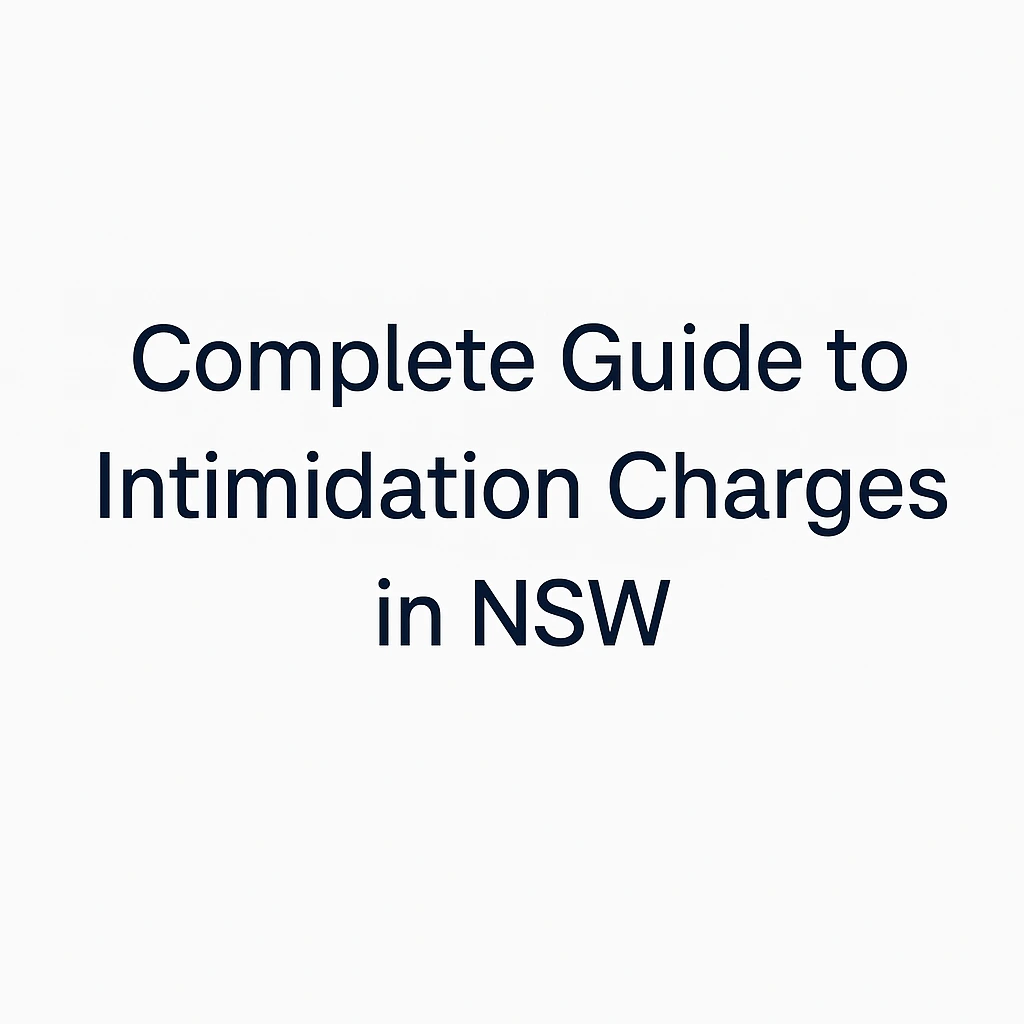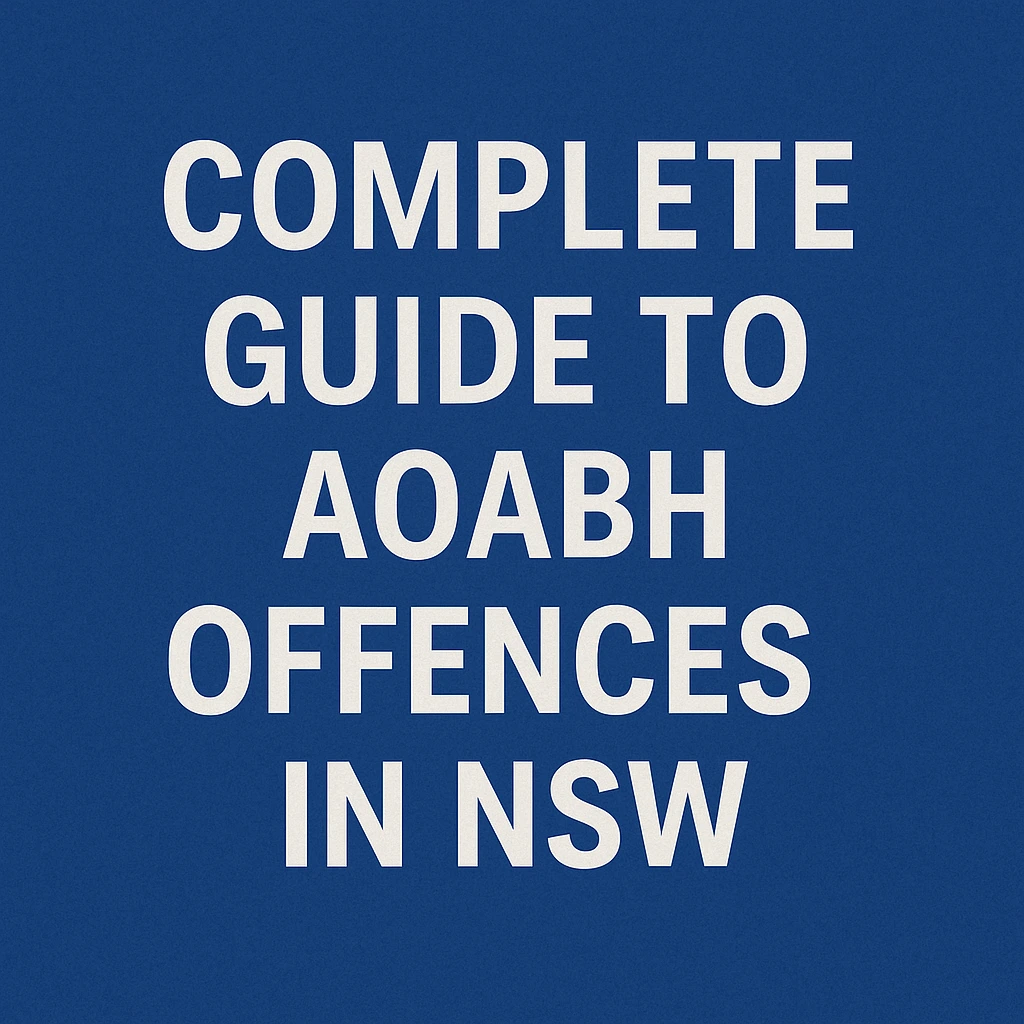Drive with Illicit Drug Present in Oral Fluid NSW – What You Need to Know
Being charged with drive with illicit drug present in oral fluid NSW can be a distressing experience. This offence means you were found driving with an illegal drug in your system. This charge doesn’t require proof that you were impaired. It is sufficient that a detectable illicit drug was present in your saliva (oral fluid), blood or urine at the time of driving. It is a common drug driving offence in NSW. The offence carries serious penalties including fines and licence disqualification.
It’s important to understand what it involves and what steps you can take. This article explains the law in plain language, outlines the potential penalties, and discusses your options. A conviction is not always inevitable. For personalised advice on your situation, consider speaking with experienced traffic lawyers Penrith who can guide you through the process.
What Does the Offence Mean?
Under NSW law, it is an offence to drive while there is any illicit drug present in your oral fluid, blood, or urine. In other words, if you have recently used an illegal drug and traces of it remain in your system, you can be charged even if you feel perfectly sober. The prescribed illicit drugs that Police test for include cannabis (THC), ecstasy (MDMA), methamphetamine (speed/ice) and cocaine. These substances can linger in your body for various periods of time after use. This means you could potentially test positive and face a drive with illicit drug present in oral fluid NSW charge long after the drug’s effects have worn off.
How Do Police Test for Drugs?
Police in NSW can conduct roadside random drug testing (RDT) to detect drivers or they can stop a driver for a drug test. The process is similar to random breath testing for alcohol but uses a saliva swab instead of a breathalyser.
Penalties for Driving with an Illicit Drug Present
This offence carries significant penalties. The exact penalty will depend on whether it’s drug driving first offence or drug driving second offence. The law considers it a drug driving second offence if you have previous applicable offences in your traffic history within the previous 5 years. In NSW, this is a “fine only” offence (no imprisonment), but it still carries licence suspension/disqualifications periods that can impact your ability to drive.
First offence
For drug driving first offence, the maximum penalty is a fine of $2,200 which is usually dealt with by issuance of a penalty notice. The penalty notice amount is $704 dollars and on payment or lapse of time to contest the penalty notice, Transport NSW will suspend your licence for 3 months. There is right of appeal to the Local Court of NSW from Transport for NSW suspension decision for drug driving first offence. You must file your license suspension appeal within time at the Local Court.
Second or subsequent offence
If you are caught again, the penalties increase as it is classified as drug driving second offence. The maximum fine rises to $3,300 and the minimum licence disqualification is 6 months, with 12 months automatic if convicted. For a drug driving second offence, the Police do not issue a penalty notice but a Court Attendance Notice requiring the driver to attend Court and have the matter dealt with at Court.
Given the consequences, many drivers seek advice from traffic lawyers Penrith before deciding how to proceed and for representation at Court.
What Are Your Options if Charged?
If you’ve been charged with this offence – whether as drug driving first offence (penalty notice) or as drug driving second offence (Court Attendance Notice), you have some important decisions to make. It’s wise to seek advice from a qualified traffic lawyers Penrith before deciding how to proceed, as the best option can depend on your circumstances.
Accept the Penalty or Elect to Go to Court
If you receive a penalty notice (drug driving first offence), you have the choice to either:
- pay it and accept the 3-month suspension or
- elect to have the matter heard in Court.
In Court, you can challenge the charge or plead guilty and seek a lenient outcome. If Police issue you a Court Attendance Notice (drug driving second offence), then your case will go to Court. You will need to attend on the given date.
Pleading Guilty vs Not Guilty
In Court, you can either plead guilty or not guilty to the charge. Pleading not guilty means you intend to defend the charge at a hearing. Scientific tests determine drug presence, so legal defences are limited.
In the past, many defendant would rely on the defence of honest and reasonable mistake of fact. The NSW Court of Criminal Appeal in R v Narouz [2024] NSWCCA 14 held that the offence of Drive with Illicit Drug Present in Oral Fluid NSW is one of strict liability and the defence of honest and reasonable mistake of fact does not apply.
Sentence
If you plead guilty (or the Court finds you guilty after a hearing), the Court will impose a sentence. This is where an experienced traffic lawyers Penrith can really help. In appropriate cases, it may be possible to convince the Court to not record a conviction. Under section 10 Crimes (Sentencing Procedure) Act 1999, the court may find you guilty but discharge you without a conviction. Such a discharge can be a “section 10 dismissal” or a Conditional Release Order without conviction. If you receive a non-conviction outcome, you will avoid the licence disqualification and fine altogether. A dedicated traffic lawyers Penrith can help present relevant material in mitigation of sentence.
Why You Should Get Legal Advice
You can represent yourself in Court. However, consider the support of a traffic lawyers Penrith which may greatly increase your chances of a better outcome. Traffic lawyers who regularly handle cases in the NSW Local Courts (including Penrith and surrounding areas) know the law and how to present relevant and compelling material and submissions to the Court.
For example, our traffic lawyers Penrith understand the criteria for exercise of discretion to not record a conviction.
Contact Our Traffic Lawyers Penrith
A charge of drive with illicit drug present in oral fluid NSW is serious, but you don’t have to face it alone. At AMA Legal, our dedicated traffic lawyers Penrith have the expertise to help you fight for the best possible result.
Contact us today for a free consultation and case assessment. Get in touch with our traffic lawyers Penrith on (02) 8610 3764.
RELATED ⇒ High Range PCA
If your blood alcohol concentration is higher than 0.150, the charge will be High Range PCA under section 110(5) of the Road Transport Act 2013 (NSW). This is the most serious drink driving charge and carries significantly higher penalties than mid-range PCA offences.
Learn more about High Range PCA penalties in NSW.
RELATED ⇒ Mid Range PCA
If your blood alcohol concentration is between 0.80 – 0.149, the charge will be Mid Range PCA under section 110(4) of the Road Transport Act 2013 (NSW).
Learn more about Mid Range PCA penalties in NSW.
RELATED ⇒ Appeal License Suspension NSW
If Transport for NSW or the Police have suspended your licence, you may be able to appeal the licence suspension. A successful appeal can reduce the suspension period—or overturn it entirely.
Learn more about appealing a licence suspension in NSW.





